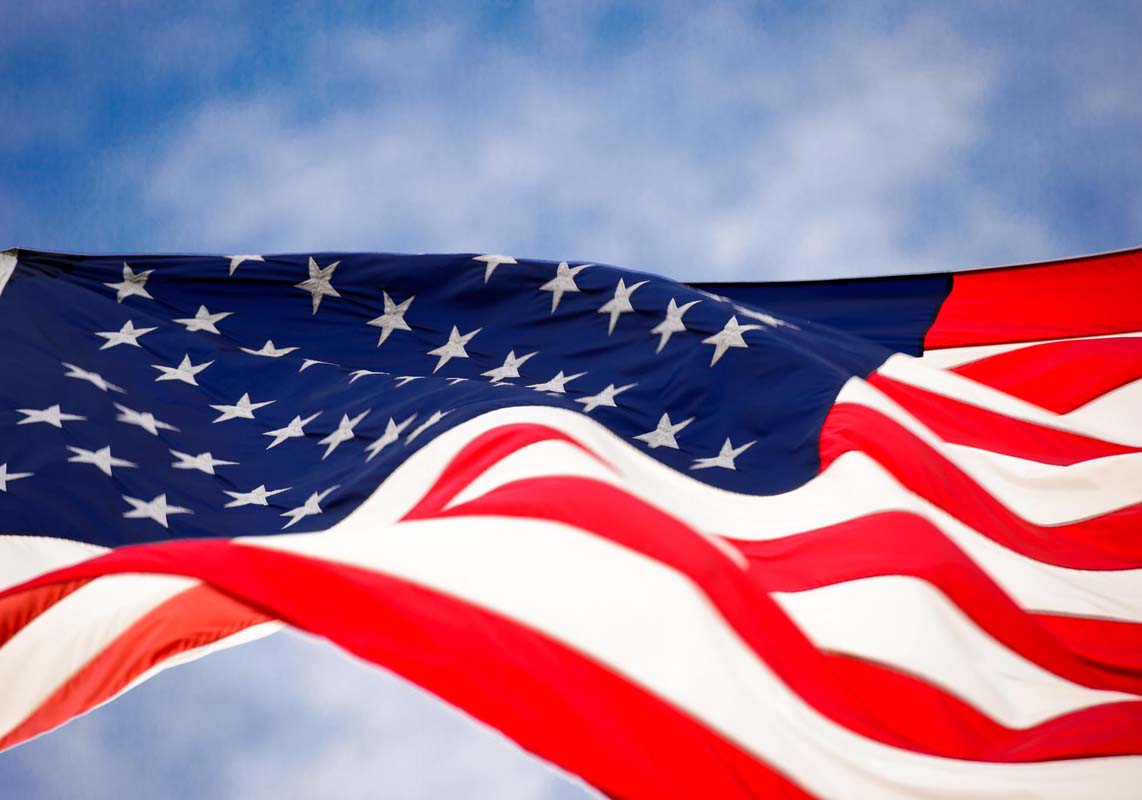
403
Sorry!!
Error! We're sorry, but the page you were looking for doesn't exist.
EU-US trade discussions face divided opinions
(MENAFN) As the July 9 deadline for resolving U.S.-EU tariff disputes approaches, trade negotiations have progressed through several rounds but remain unsettled. European leaders gathered at the recent European Council summit are split on whether to rush toward a quick agreement or hold out for more favorable conditions.
European Commission President Ursula von der Leyen announced that the EU had received the latest proposals from the United States to continue discussions, though she did not reveal specific details.
The EU now confronts a strategic choice: move swiftly to finalize a deal before the deadline or risk extending the dispute in hopes of securing better terms.
German Chancellor Friedrich Merz, representing one of the EU’s largest exporting countries, is pushing for an expedited resolution. “We have less than two weeks until July 9 — you can't negotiate a sophisticated trade agreement in that time,” Merz warned, noting that critical sectors like chemicals, steel, and automotive are already feeling intense pressure.
Conversely, some leaders urge caution, concerned that a rushed agreement might disproportionately favor the U.S.
Von der Leyen affirmed, “Our message today is clear. We are ready for a deal. At the same time, we are preparing for the possibility that no satisfactory agreement is reached.” She stressed that “all options remain on the table,” with the EU prepared to defend its interests if necessary.
French President Emmanuel Macron expressed similar views, supporting a quick and practical deal but refusing to accept “unfair terms.” Meanwhile, U.S. Treasury Secretary Scott Bessent suggested Washington might consider extending the deadline for parties negotiating in “good faith.”
European Commission President Ursula von der Leyen announced that the EU had received the latest proposals from the United States to continue discussions, though she did not reveal specific details.
The EU now confronts a strategic choice: move swiftly to finalize a deal before the deadline or risk extending the dispute in hopes of securing better terms.
German Chancellor Friedrich Merz, representing one of the EU’s largest exporting countries, is pushing for an expedited resolution. “We have less than two weeks until July 9 — you can't negotiate a sophisticated trade agreement in that time,” Merz warned, noting that critical sectors like chemicals, steel, and automotive are already feeling intense pressure.
Conversely, some leaders urge caution, concerned that a rushed agreement might disproportionately favor the U.S.
Von der Leyen affirmed, “Our message today is clear. We are ready for a deal. At the same time, we are preparing for the possibility that no satisfactory agreement is reached.” She stressed that “all options remain on the table,” with the EU prepared to defend its interests if necessary.
French President Emmanuel Macron expressed similar views, supporting a quick and practical deal but refusing to accept “unfair terms.” Meanwhile, U.S. Treasury Secretary Scott Bessent suggested Washington might consider extending the deadline for parties negotiating in “good faith.”

Legal Disclaimer:
MENAFN provides the
information “as is” without warranty of any kind. We do not accept
any responsibility or liability for the accuracy, content, images,
videos, licenses, completeness, legality, or reliability of the information
contained in this article. If you have any complaints or copyright
issues related to this article, kindly contact the provider above.


















Comments
No comment